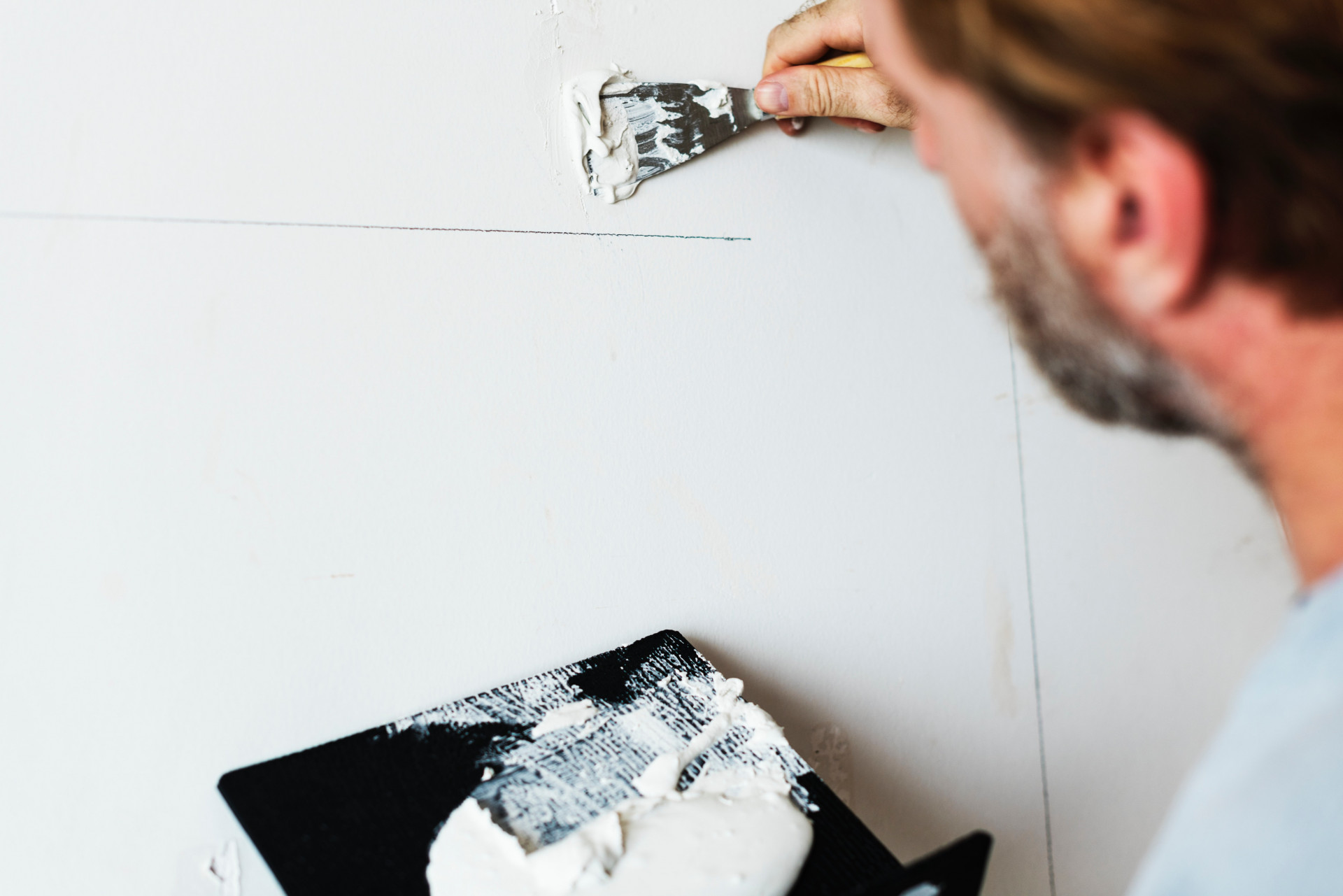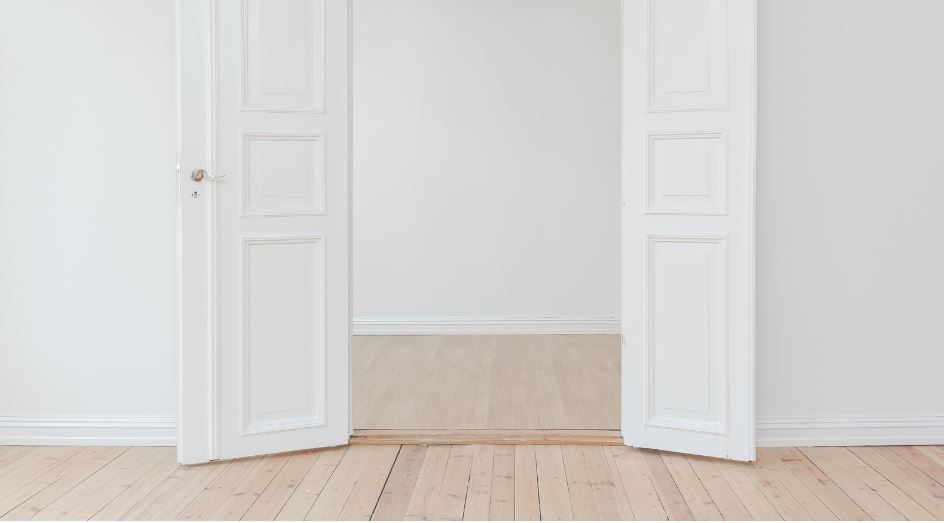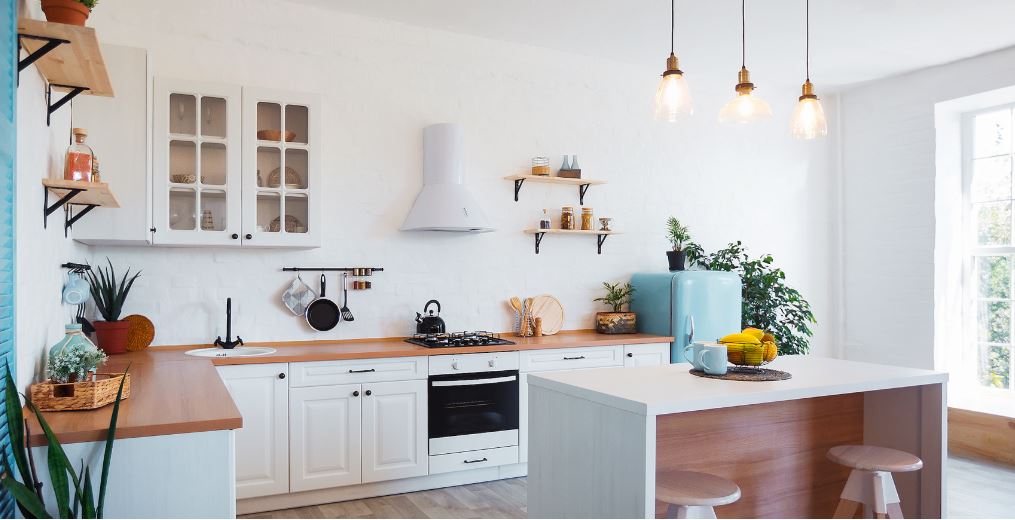Home sales (and values) have been on a strong uptick nationwide thanks to low interest rates, freer lending standards and a drop in the foreclosure rate. Sellers everywhere are breathing a giant, collective sigh of relief! But for all of the buyer activity, it seems like most houses sit on one end of two extremes: they either get snatched up the moment they hit the market (with multiple offers and an above-asking sale price) or seem to languish on the market without an offer in sight.
All sellers aspire to be on the multiple-offer end of the spectrum. Fortunately, there are steps you can take to make that happen. Here are five tips to move your listing in to the multiple offers zone.
1. Price it aggressively.
Homes that get multiple offers are often sold in an “auction” atmosphere. If you think back to the last auction you saw on TV or participated in online, you’ll remember this basic element of Auctions 101: the starting price is lower – sometimes quite a bit lower – than the final sale price.
In fact, it’s the low list or starting price that gets people excited about the possibility of scoring a great value, whether they’re bidding on an antique Chinese pug figurine on eBay or on your home. And when it comes to your home, it’s that same, low-price-seeking excitement that will cause many more buyers to show up and view your home than would have come at a higher price point.
In real estate, more showings are an inescapable prerequisite to more offers.
This doesn’t mean you have to give away the farm, just that sellers who get multiple offers price their properties from a retailer’s or auctioneer’s perspective. Work with your agent through the comparable sales data – as recent and as comparable as possible – and then do your best to list your home as a slight discount, not at a slight premium, compared to the recent neighborhood sales. That will get buyers’ attention.
2. Give buyers and brokers ample access.
Put yourself in your target buyer’s shoes. Say there are 40 homes on the market which meet their specifications, in terms of bedrooms, bathrooms, square footage, price range and location. And 25 of those top the list. But they only have time to see 8 today. If the buyer’s broker can’t get into your house today, because you have so many restrictions around showing it, your home could very well miss out on a showing with this qualified, motivated buyer.
It might seem overly simple, but if you want multiple offers, it behooves you to make sure your home is available to be shown today. Every day that it is on the market. Inconvenient? Yes. Frustrating? Sometimes. A challenge to keep the place clean at all times? Assuredly. But consider your priorities and what is at stake. If getting top dollar for your home is at the top of your priority list, then you have to be ready and willing to deal with the inconvenience involved in churning up multiple offers and getting your home sold.
3. Make it beautiful.
Really, really beautiful. The homes that get multiple offers are those with look, feel and function that can be described in one word: covetable. You’re not trying to create a situation in which your home barely edges out the listing down the street in the hearts and minds of your target buyer. If you want multiple offers, you need multiple buyers to fall deeply in love with your home – enough to bid above the listing price, and enough to compete with others for it.
To generate multiple offers, prepare your home by ensuring it is: immaculately cleaned from the inside out – closets, basements, garages and crawl spaces included, de-cluttered and staged to the nines – this includes fresh paint, carpet and other things that need replacing in perfect working order – make sure things like doors, windows and systems buyers test (e.g., stoves, faucets, heating and air conditioning) are not creaky, wonky, leaky or otherwise dysfunctional.
If you’ve done any major home improvements or replaced any appliances or systems lately, market that! Show off how immaculate, adorable and move-in ready your home is now – and tout its great working condition for the long run.
4. Expose it to the market.
An offer the very first day your home goes on the market may sound like a dream come true. But it might also incur opportunity costs. See, many buyers can’t get out to see homes that quickly – some are unable to house hunt except on the weekends. Listing agents who get multiple offers often plan from the start to expose the home to the market long enough for target buyers to see it and get their offers on the table.
Some agents expressly include open house and offer review dates in the timeline of the listing. It’s not uncommon to see a listing come on the market with a calendar of 1-2 Open Houses and an offer date sometime early in the week following the second one. Ask your agent to brief you on the standard practices for market exposure in your local area.
Setting – and publishing – a timeline for market exposure and offers lets buyers know that they will be able to get to the property and get their offers considered, while still creating a sense of urgency.
5. Be ready to course correct.
Is your home one of the houses that has been sitting on the market for months without any action? Do not fret – there might still be hope. In real estate, there’s something insiders call the Sweet Spot Phenomenon, where an overpriced home sits on the market for months with no bites, sometimes even through multiple price reductions. Finally, the seller lowers the price to the ‘sweet spot,’ and it generates multiple offers and sells for more than the final list price.
Yes – there are listings whose sellers net more than they expected because they were willing to revise the list price downward in response to market feedback (i.e., no showings, no offers or lowball offers).
If your home has been lagging on the market, talk with your listing agent about what sort of price reduction strategy is likely to maximize your net sale price. Hint: many more buyers are attracted by chunky reductions or reductions below a common online search price point limit than by tiny, incremental reductions.
For example, you might draw more buyers, and ultimately more money, with a price reduction from $499,000 to $474,000 than with a series of small reductions from $499,000 to $479,000, because there is a set of buyers who may be cutting their search off at $475,000 – so a price cut below that point will expose your home to a whole new group of prospects.

 Facebook
Facebook
 Twitter
Twitter
 Pinterest
Pinterest
 Copy Link
Copy Link




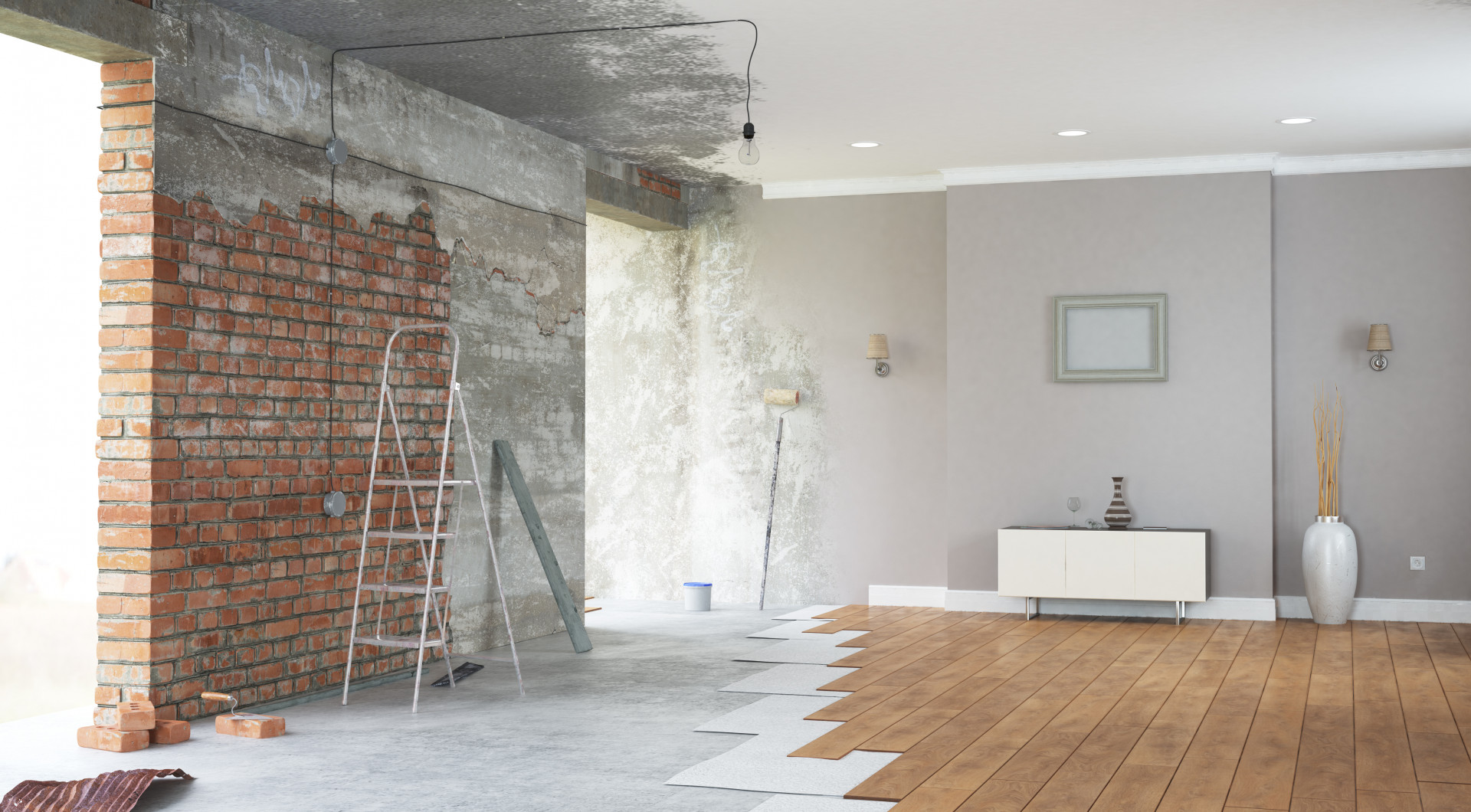


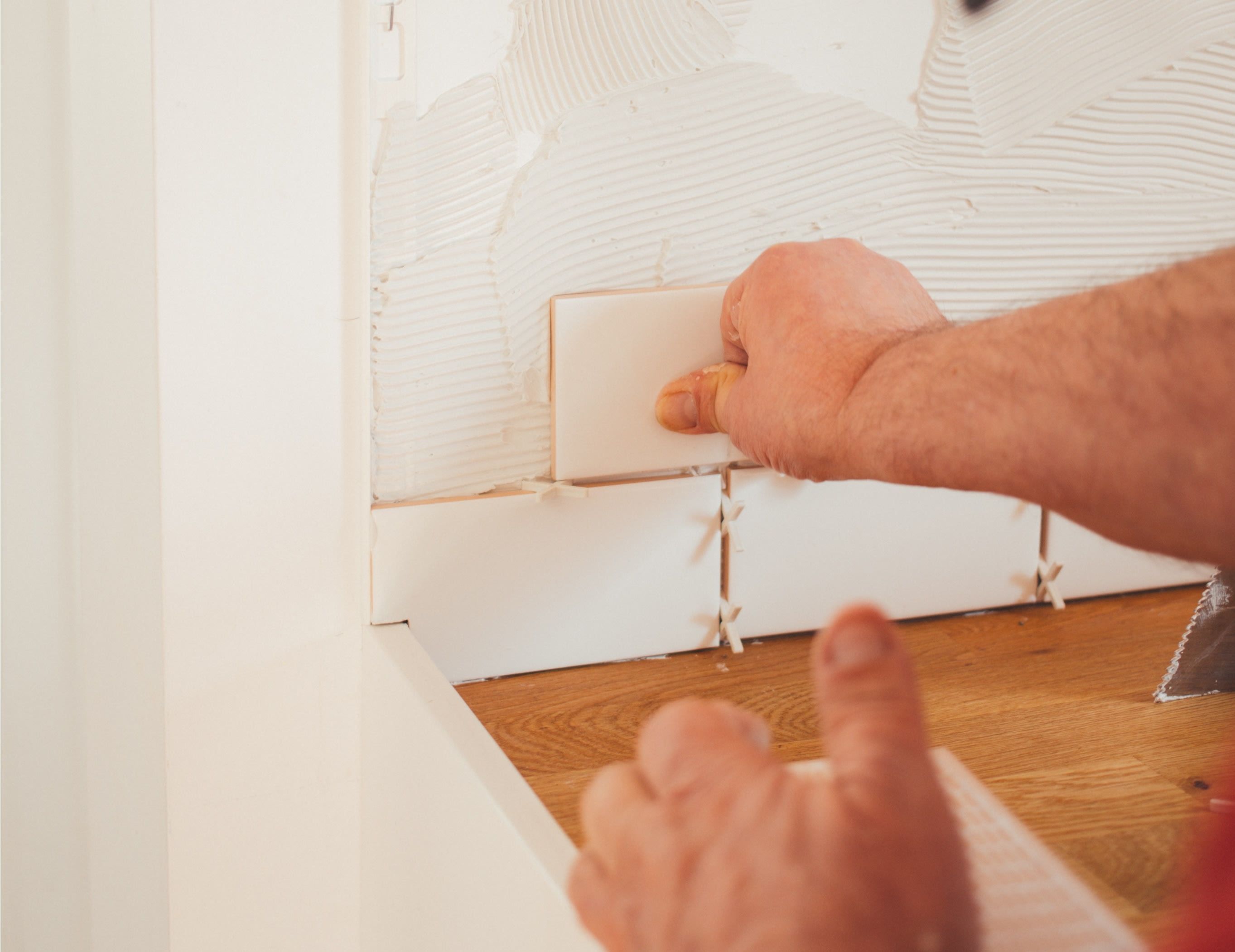


.jpg)
.jpg)



